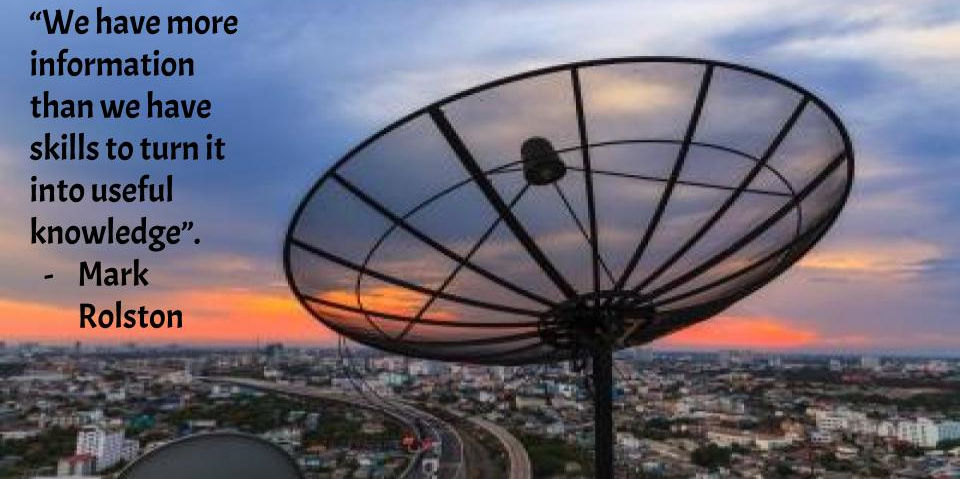End of wars is like ending them with technological advances for both parts of the conflict. Longer range, longer protection. More defense and lesser attack after each round protection.
The prospect of the ending of all wars through the influence of future technology raises intriguing possibilities for fostering unique solutions to conflicts. As technological advancements continue to shape the global landscape, various innovations hold the potential to transform traditional approaches to conflict resolution. Here are some key points to consider:
- Advanced Communication Technologies: Future technologies may facilitate more effective communication and diplomacy. Enhanced communication platforms, virtual reality meetings, and real-time translation tools could bridge cultural and linguistic gaps, fostering better understanding among nations and reducing the likelihood of misunderstandings that can lead to conflicts.
- Artificial Intelligence (AI) in Conflict Resolution: AI systems can analyze vast amounts of data and simulate different scenarios to suggest optimal solutions. Machine learning algorithms could be applied to identify patterns, predict potential conflicts, and propose preventive measures, leading to a more proactive approach to maintaining global peace.
- Cybersecurity and Cyber Diplomacy: As the world becomes increasingly interconnected, the importance of cybersecurity and cyber diplomacy grows. Future technologies may focus on creating secure digital infrastructures and developing diplomatic protocols to address cyber threats, preventing conflicts in the virtual realm and beyond.
- Autonomous Peacekeeping Technologies: Advanced robotics and autonomous systems could play a key role in peacekeeping efforts. Drones, for example, might be deployed for surveillance and monitoring, helping to enforce ceasefires and prevent the escalation of conflicts on the ground.
- Space-based Technologies for Global Surveillance: Satellites with advanced sensors and imaging capabilities could provide real-time information on global activities, allowing for more informed decision-making in international relations. This increased transparency may contribute to deterring conflicts and encouraging peaceful resolutions.
- Renewable Energy Diplomacy: Addressing the root causes of many conflicts, such as resource scarcity and competition, future technologies could focus on sustainable and renewable energy sources. International collaborations to develop and share clean energy solutions may reduce the dependency on finite resources, diminishing the likelihood of conflicts driven by resource competition.
- Biotechnological Solutions for Health and Food Security: Advances in biotechnology may contribute to global health and food security, addressing fundamental issues that can lead to unrest. Innovative solutions for disease prevention, efficient food production, and equitable distribution could promote stability and cooperation among nations.
In conclusion, the end of wars facilitated by future technology offers a promising vision of a more interconnected and harmonious world. By leveraging technological innovations in communication, AI, cybersecurity, peacekeeping, global surveillance, renewable energy, and biotechnology, societies may cultivate unique and effective solutions to conflicts, fostering a future marked by cooperation and understanding.








